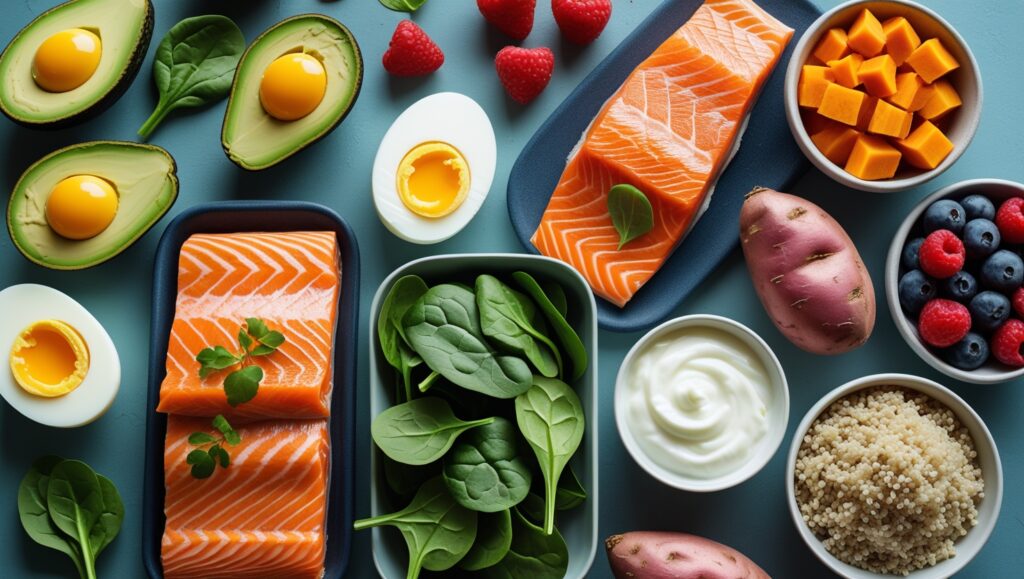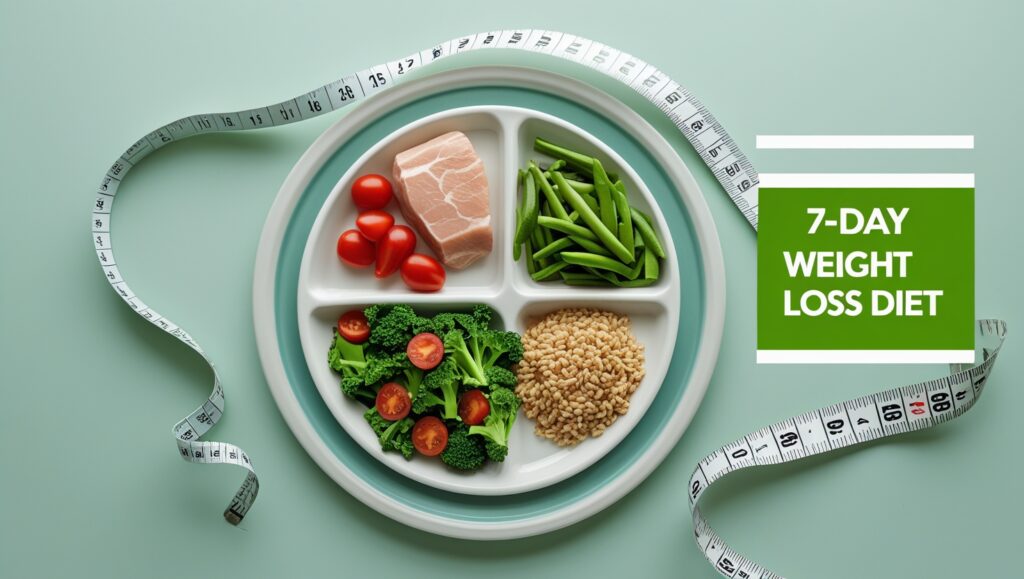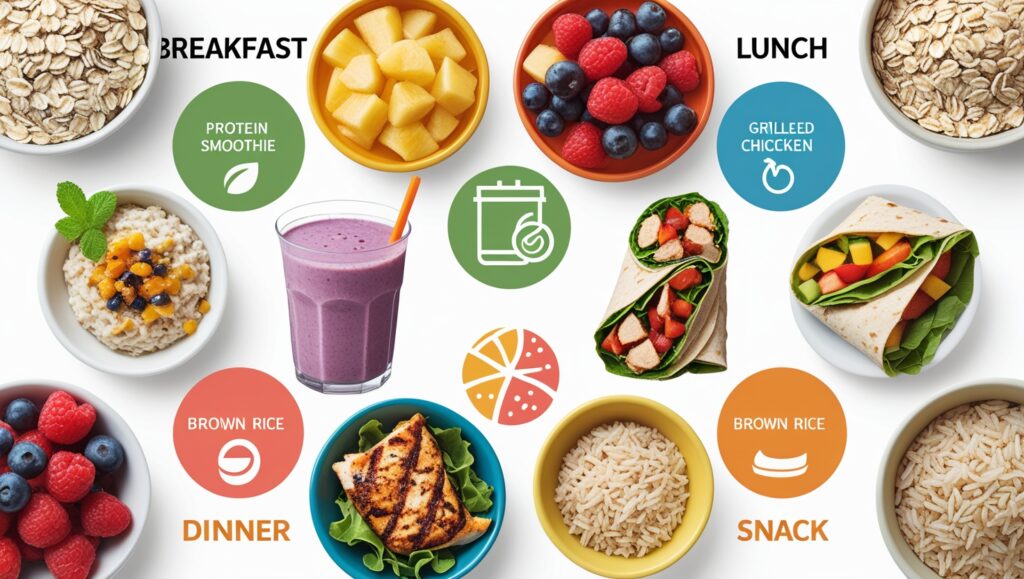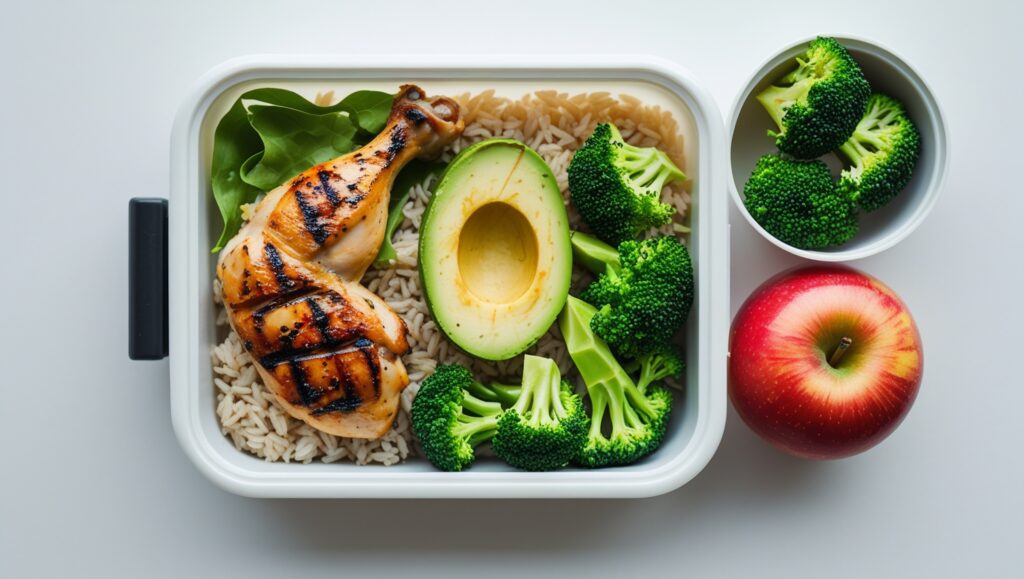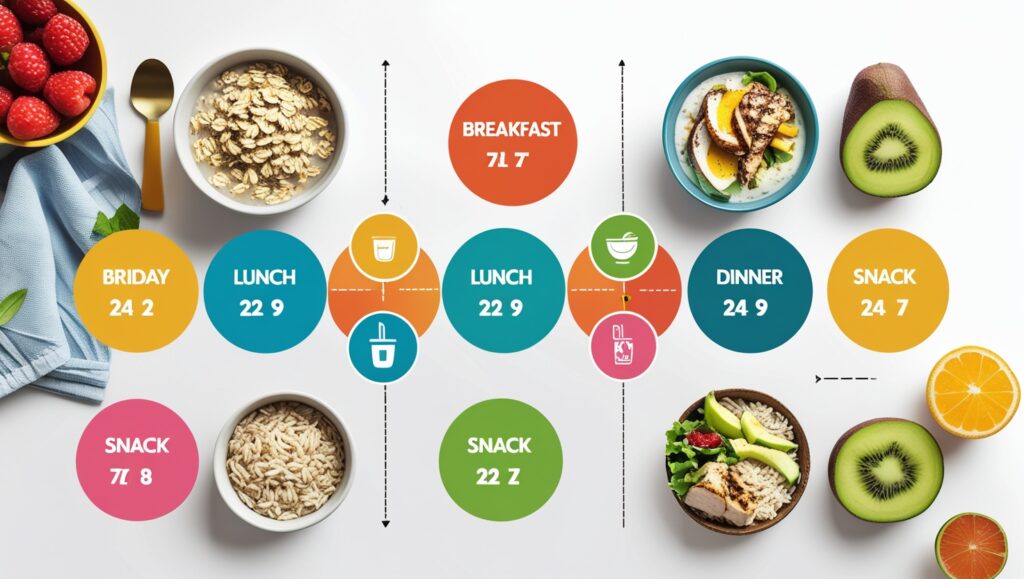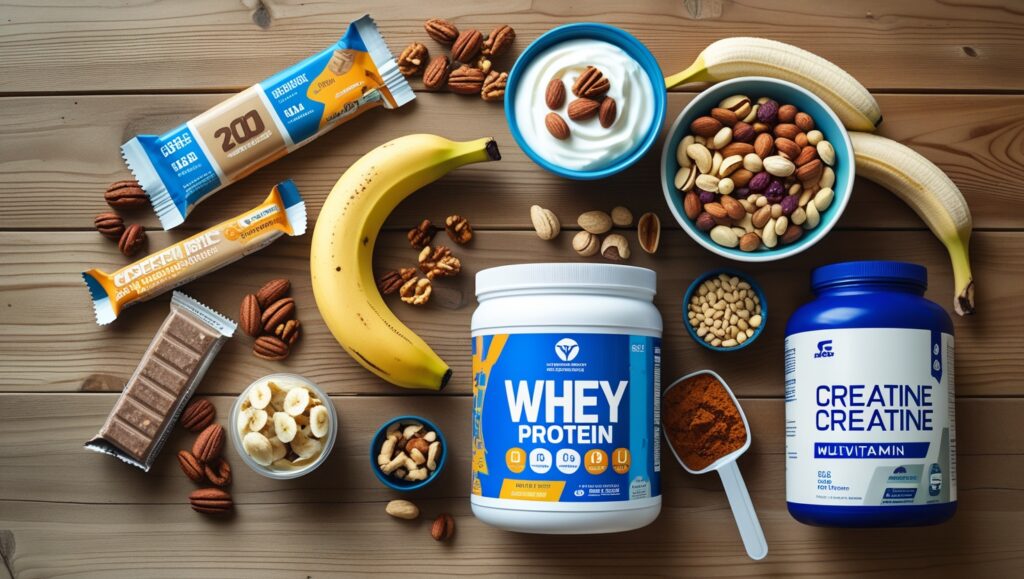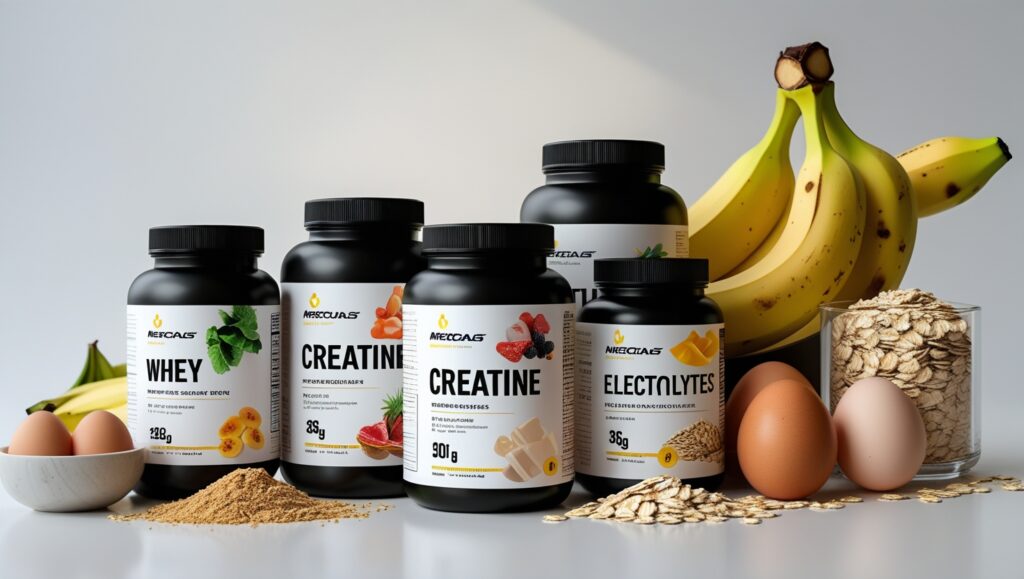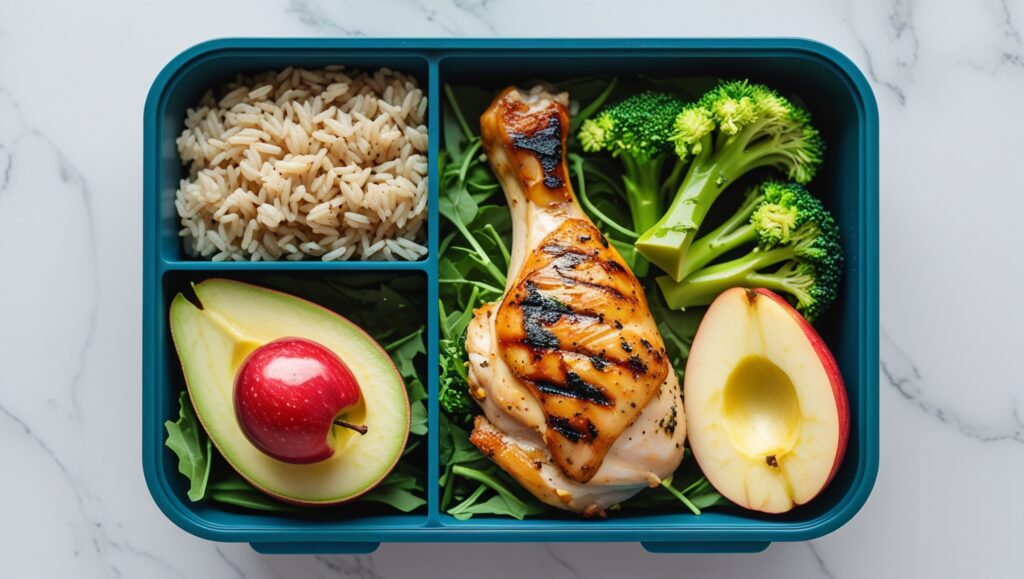Low Carb High Protein Vegetarian Diet Plan
A low carb high protein vegetarian diet plan offers a powerful path to fat loss, muscle maintenance, and better metabolic health—all without sacrificing your vegetarian lifestyle. Backed by nutrition science, this diet focuses on high-protein plant foods while limiting carbohydrate intake. Whether you’re looking to lose weight, manage blood sugar, or simply eat cleaner, this guide gives you everything you need to succeed.
In this article, we’ll break down food options, build a 7-day sample meal plan, and explain how this diet works. You’ll also find answers to frequently asked questions and a structured schema markup to help search engines index this content correctly.
Table of Contents
Benefits of a Low Carb High Protein Vegetarian Diet Plan
A Low Carb High Protein Vegetarian Diet Plan offers several benefits:
- Weight loss: Reducing carbs and increasing protein promotes satiety, which helps curb overeating.
- Muscle retention: Protein supports muscle repair and growth, especially when combined with resistance training.
- Blood sugar control: Lowering carbohydrate intake may help manage insulin sensitivity.
- Improved energy: Many people report more consistent energy levels and fewer crashes.
Research published in The American Journal of Clinical Nutrition shows that higher protein intake enhances metabolic rate and promotes fat loss, making this approach both effective and sustainable.
Foods to Include in a Low Carb High Protein Vegetarian Diet PlanDiet Plan
Here’s a breakdown of vegetarian-friendly, low-carb high protein foods to include in your diet:
- Legumes: Lentils, chickpeas, black beans (in moderation)
- Tofu & Tempeh: High in protein and low in carbs
- Seitan: A wheat-based meat substitute with 20g+ protein per serving
- Eggs: If ovo-vegetarian, eggs are a perfect protein source
- Dairy: Greek yogurt, cottage cheese, paneer
- Nuts & Seeds: Almonds, flaxseeds, chia seeds, pumpkin seeds
- Low-carb veggies: Spinach, kale, broccoli, cauliflower, zucchini, mushrooms
- Plant-based protein powders: Pea, rice, hemp protein isolates
Avoid high-carb vegetarian staples like white rice, potatoes, white bread, and sweetened yogurts. Instead, focus on whole, nutrient-dense options that fit within your macronutrient goals.
Sample 7-Day Low Carb High Protein Vegetarian Diet Plan
This 7-day meal plan gives a sample structure you can customize:
Day 1:
- Breakfast: Greek yogurt + chia seeds + walnuts
- Lunch: Grilled paneer salad with olive oil dressing
- Snack: Handful of almonds
- Dinner: Tofu stir-fry with broccoli, zucchini, and bell peppers
Day 2:
- Breakfast: 2 boiled eggs (if ovo-vegetarian) + sautéed spinach
- Lunch: Cauliflower rice with tempeh curry
- Snack: Protein smoothie (pea protein + almond milk + berries)
- Dinner: Roasted vegetables with seitan strips
Day 3:
- Breakfast: Cottage cheese bowl with flaxseed and cinnamon
- Lunch: Zucchini noodles with tofu in peanut-lime sauce
- Snack: Hard-boiled eggs or pumpkin seeds
- Dinner: Paneer tikka with grilled vegetables
Day 4:
- Breakfast: Chia seed pudding with protein powder
- Lunch: Egg salad lettuce wraps
- Snack: Celery sticks + almond butter
- Dinner: Baked tofu with green beans and coconut curry
Day 5:
- Breakfast: Greek yogurt with sunflower seeds and berries
- Lunch: Mushroom and paneer stir-fry
- Snack: Mixed nuts
- Dinner: Tempeh with roasted cauliflower and tahini drizzle
Day 6:
- Breakfast: Tofu scramble with spinach and peppers
- Lunch: Low-carb vegetable soup + cottage cheese
- Snack: Cheese sticks (if lacto-vegetarian)
- Dinner: Zoodles (zucchini noodles) with peanut tofu
Day 7:
- Breakfast: Vegan protein smoothie with chia seeds
- Lunch: Grilled veggie skewers + lentil hummus
- Snack: Seaweed chips + almonds
- Dinner: Baked seitan with steamed broccoli
Low Carb Vegetarian Protein Sources You Can Rely On
Most vegetarians rely on grains and legumes for protein, but these are often high in carbs. Instead, prioritize these low-carb, high-protein vegetarian staples:
- Tofu: 10g protein per ½ cup
- Tempeh: 15g protein per ½ cup
- Seitan: ~21g protein per 100g
- Greek Yogurt: 10g per 100g (opt for unsweetened)
- Paneer: 11g per 100g
- Eggs: 6g protein per egg
- Hemp seeds: 10g protein per 3 tablespoons
How to Balance Macronutrients on This Diet
A good rule of thumb for macronutrient distribution on a low carb high protein vegetarian plan:
- Protein: 30–40%
- Fats: 30–40%
- Carbs: 20–30%
Use apps like MyFitnessPal or Cronometer to track your food intake, ensuring you’re hitting your protein goals without exceeding carbs.
Tips for Success on a Low Carb High Protein Vegetarian Diet
- Meal Prep: Cook proteins like tofu, paneer, and tempeh in bulk
- Avoid hidden sugars: Read labels on yogurt, protein bars, and condiments
- Stay hydrated: Low carb diets may increase water loss
- Add fiber: Include low-carb vegetables to maintain digestive health
- Use spices and herbs: To enhance flavor without extra carbs
Risks and Considerations
While this diet can be effective, ensure you:
- Don’t eliminate all carbs—complex carbs from veggies are essential
- Include a B12 supplement, as plant-based diets may lack it
- Consult a doctor if you have kidney issues, as higher protein needs close monitoring
FAQs
What is the best protein source for vegetarians on a low carb diet?
Tofu, tempeh, paneer, Greek yogurt, and eggs (if included) are excellent options. Seitan is also very high in protein and low in carbs.
Can I follow this diet plan if I’m vegan?
Yes, but you’ll need to exclude dairy and eggs. Use plant-based protein powders, tofu, tempeh, legumes in moderation, and seeds to meet protein needs.
Will I lose weight on a low carb high protein vegetarian diet?
Most likely, yes—especially if you maintain a caloric deficit and follow a consistent meal plan. Protein helps you feel full and burn more calories.
Is it safe to eat high protein daily?
For most healthy individuals, yes. It’s important to stay hydrated and include a variety of protein sources to support kidney health and nutrient intake.
Conclusion
I can sssure you if you follow this low carb high protein vegetarian diet plan, it helps you achieve your health and fitness goals—be it a fat loss, better blood sugar control, or increased muscle mass. By focusing on plant-based, protein-rich foods and minimizing refined carbohydrates, you manage your body efficiently while maintaining your vegetarian values. Let me tell you, the key to long-term success is consistency.
Always consult a healthcare professional before making significant dietary changes to ensure the plan suits your individual needs.

